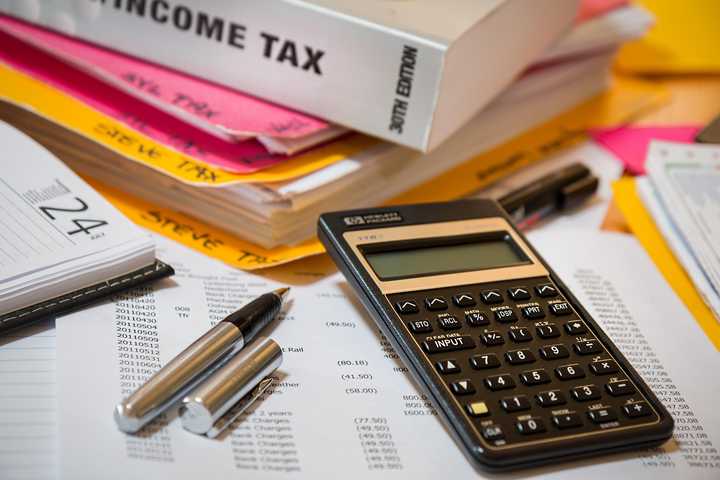Two-thirds of US consumers expect unemployment to increase over the next year, the University of Michigan's Surveys of Consumers said on Friday, Mar. 28. This marks the highest level of job market pessimism since 2009, reflecting widespread fears that economic uncertainty.
Joanne Hsu, Michigan’s director of the surveys, said March's rising worries underscore mounting concerns across all demographic and political groups.
"Overall, consumers perceive a tremendous amount of uncertainty in the economy — policy uncertainty, market uncertainty, general economic uncertainty, among others," said Hsu. "The fact that expectations worsened across the board suggests that consumers perceive more downside than upside risk for the foreseeable future; these views will likely dampen consumers' willingness to spend or make investments."
The increasing unemployment fears are paired with a third straight month of falling consumer confidence. The survey's forward-looking expectations index plummeted 18% and has dropped more than 30% since November 2024.
Worries about Trump's constantly changing tariff threats continue to weigh heavily on Americans.
In March, 44% of consumers spontaneously mentioned tariffs during interviews, up from 40% in February. Many expect tariffs to fuel inflation, with gasoline price expectations climbing to their highest levels since October 2024.
The survey's findings were released a few days after Trump imposed a 25% tariff on all foreign-made autos, a move that followed a chaotic series of tariff threats targeting key industries. The auto tariffs, which take effect on Wednesday, Apr. 2, have stoked fears of higher consumer prices and potential job losses in the manufacturing sector.
Trump has hinted at new tariffs on lumber and pharmaceutical imports. He has also continued to enforce 25% duties on global steel and aluminum, as well as 20% tariffs on Chinese goods.
Trump has also enacted 25% tariffs on Canadian and Mexican imports not covered by the United States-Mexico-Canada Agreement. The duties were a reversal two days after Trump approved blanket 25% tariffs on all Canadian and Mexican goods.
Even high-income households, which had remained relatively optimistic in recent months, are growing anxious about their financial future. Only 26% of high-income consumers expect to be better off financially in a year, down from 42% in August 2024.
Stock market expectations have also collapsed, falling for the third consecutive month to their lowest level since March 2023. Hsu noted that robust consumer spending in recent years was fueled by steady incomes and a booming labor market — both of which now appear to be under threat.
Uncertainty about future employment has spread across political affiliations. Republicans, independents, and Democrats all reported worsening expectations for personal finances, business conditions, and inflation.
The Michigan survey's results match new data from The Conference Board. The nonprofit business research firm said its Expectations Index in March dropped to its lowest level since 2013.
According to another survey by real estate investment website REsimpli, 72% of Americans expect the US housing market to slow down due to Trump's trade war with Canada.
Click here to follow Daily Voice Killingly-Danielson and receive free news updates.
